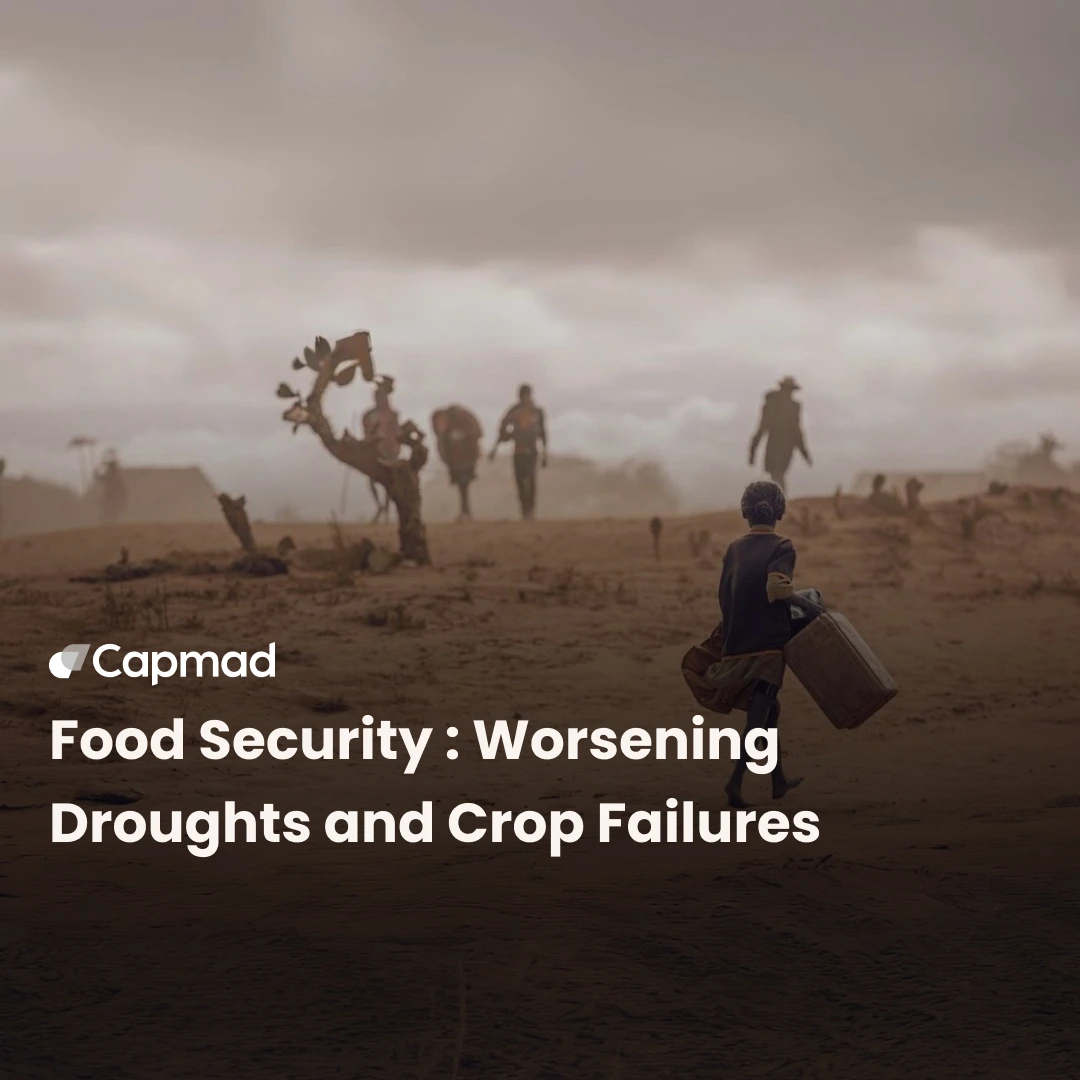Over 200 countries have accepted the COP29 climate agreement despite uncertainties. The deal proposes providing 300 billion USD annually by 2035, increasing the previous commitment by wealthy nations to deliver 100 billion USD per year in climate financing. Rising inflation and geopolitical events, such as Russia’s war in Ukraine and escalating unrest in the Middle East, are pushing Western countries to view global warming as an increasingly critical national concern.
300 Billion USD climate agreement for COP29
On Sunday, countries participating in COP29 in Baku set a global annual financing target of 300 billion USD to support the least developed nations in addressing climate change effects. However, potential beneficiaries have criticized the agreement as grossly insufficient.
Finalized in overtime during the two-week summit in Azerbaijan’s capital, the deal was intended to energize global initiatives to slow global warming in a year likely to be the hottest ever recorded.
In the plenary hall of COP29, some delegates applauded the pact, while others criticized wealthy countries for not doing enough and condemned Azerbaijan, the host nation, for hastily pushing through the divisive proposal.
Divisive climate agreement
« I regret to say this document is an optical illusion. In our view, it will not address the magnitude of the challenge we all face. That is why we oppose adopting this document », stated Chandni Raina, a representative of the Indian delegation, in her closing remarks shortly after the contract was unveiled.
Simon Stiell, the UN Climate Chief, praised the pact as an insurance policy for humanity against global warming while acknowledging the tough discussions that led to its formation.
« It was a difficult journey, but we reached an agreement », said Mr. Stiell. He emphasized that the deal would sustain the momentum for clean energy and protect billions of lives. However, like any insurance policy, it works only if premiums are fully paid and on time.
Strengthening commitments
The agreement also lays the groundwork for next year’s climate conference in the Amazon rainforest in Brazil, where nations are expected to strategize for the next decade of climate action.
The conference delved into the core issue of financial responsibility, debating whether industrialized nations—whose historical fossil fuel use has produced the bulk of greenhouse gas emissions—should compensate others for the growing damages caused by climate change. It also highlighted the tensions between wealthy governments, constrained by tight national budgets, and underdeveloped countries suffering from storms, droughts, and floods.
Nations are seeking financing to meet the Paris Agreement’s target of keeping global temperature increases below 1.5 degrees Celsius (2.7 degrees Fahrenheit) compared to pre-industrial levels—beyond which catastrophic climate impacts could occur.
Donald trump factor
Donald Trump’s victory in the U.S. presidential election has raised doubts among some negotiators about the world’s largest economy fulfilling its climate financing commitments under Azerbaijan’s proposal. Trump, set to take office in January 2025, has called climate change a hoax and pledged to withdraw the U.S. from international climate cooperation once again.
While President Joe Biden acknowledged that more work is needed, he praised COP29 participants for achieving what he called a historic agreement that will help mobilize the necessary funding.
Climate challenges in 2025
Rising inflation, geopolitical tensions, and unrest in the Middle East are prompting Western countries to view global warming as an increasingly pressing national issue.
The debate over funding for poorer nations coincides with experts predicting that 2025 will be the hottest year ever recorded. Climate challenges are mounting :
- Severe floods are claiming thousands of lives in Africa.
- Landslides are burying communities in Asia.
- Drought in South America is drying up rivers.
Developed countries have not been spared. Last month, Valencia, Spain, experienced flooding caused by torrential rains, leaving over 200 dead. The U.S. has recorded 24 billion-dollar disasters so far this year, just four fewer than last year.






